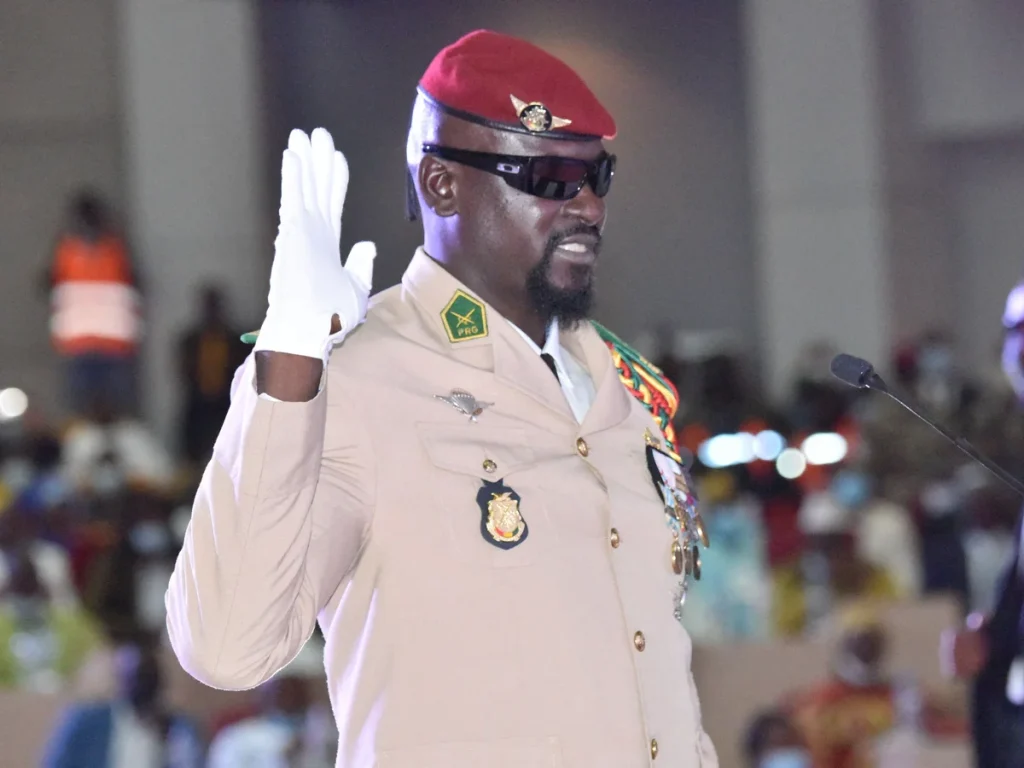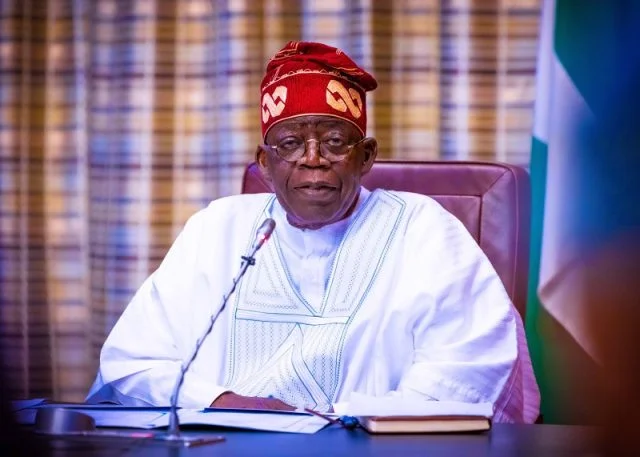On July 15, 2022, the Economic and Financial Crimes Commission (EFCC) intensified its case against Nigerian singer Azeez Fashola, popularly known as Naira Marley, during a resumed trial at the Federal High Court in Ikoyi, Lagos. The EFCC presented additional evidence in the ongoing case, where Marley faces an 11-count charge related to credit card fraud and conspiracy, stemming from alleged activities between November 2018 and May 2019. The prosecution’s key witness, Dein Whyte, an EFCC operative and Head of the Cybercrime Section, continued his testimony, detailing forensic findings that implicated the artist.
Defense Objection Overruled
During the June 9, 2022, session, Marley’s defense counsel, Olalekan Ojo (SAN), had challenged the admissibility of Whyte’s forensic evidence, arguing that only the court could determine Marley’s culpability, not an investigator. Justice Nicholas Oweibo dismissed this objection on July 15, ruling, “It is the duty of the law enforcement agency or police to charge a person to court to investigate if the defendant committed the crime or not.” He further stated, “The prosecutor must have made up his mind as to the involvement of the defendant before bringing the case to court,” affirming the EFCC’s right to present investigative findings. Whyte testified that Marley’s phone contained credit card details not belonging to him, which were shared with another individual, and a fraud report confirmed their illicit use.
Forensic Evidence and Digital Tools
Whyte’s testimony revealed that forensic analysis of Marley’s devices uncovered malicious programs used to illegally obtain credit card information for non-present transactions, as well as tools to disguise the user’s location, including a VPN and a browser accessing the dark web. “The defendant used malicious tools to disguise the identity and location of the user of the laptop when connected to the internet,” Whyte stated, linking Marley to fraudulent activities. A Visa card flagged for fraud was found on his device, further strengthening the EFCC’s case. The trial was adjourned to September 26 and 30, 2022, for continuation, though later sessions faced delays due to Marley’s absence, attributed to his detention for questioning in the Mohbad case.
Trial Disruptions and Broader Context
The trial faced setbacks, notably on October 30, 2023, when Marley was absent due to police detention over the alleged murder of Ilerioluwa Oladimeji Aloba (Mohbad). Justice Oweibo issued a production warrant to ensure Marley’s court appearance, adjourning the case to November 13 and 30, 2023. The EFCC’s evidence, including a compact disc with data extracted from Marley’s iPhone (admitted as Exhibit F in January 2021), has consistently faced defense challenges but been upheld by the court. Marley, arraigned on May 20, 2019, after his arrest on May 10, pleaded “not guilty” to charges under the Cybercrime (Prohibition, Prevention) Act 2015, which carry penalties of up to seven years in prison or a N5 million fine.
Public and Legal Implications
Naira Marley’s case, which has drawn significant attention on platforms like X, highlights the EFCC’s crackdown on cybercrime in Nigeria’s entertainment industry. Posts on X have debated Marley’s culpability, with some users questioning the evidence’s strength, while others view the trial as a test of accountability for high-profile figures. The EFCC’s persistence, despite delays, underscores its commitment to combating financial crimes, though Marley’s legal team continues to challenge the prosecution’s narrative. As the trial progresses, it remains a focal point for discussions on cybercrime, celebrity influence, and justice in Nigeria.






